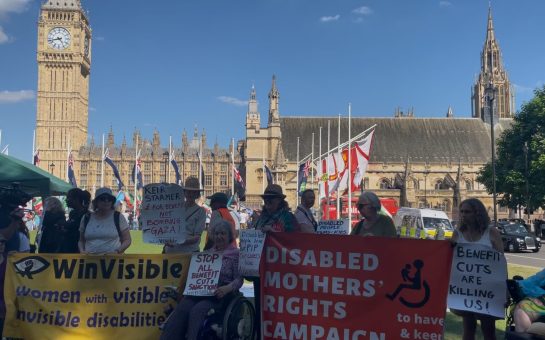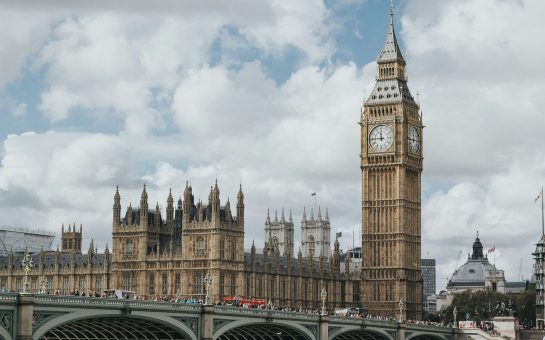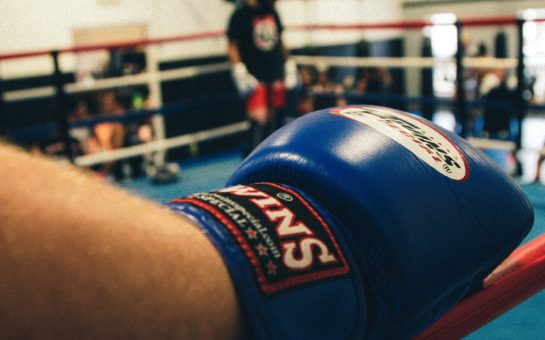The politician lived in the town during his childhood.

I always somehow seem to become obsessed with the history of any area I develop an association with.
From a young age, I whizzed through 19th century photos of Newham, the town I grew up in. On moving to Hackney, I fixatedly researched the history of the 18th century, grade II listed house, in Stoke Newington’s Clissold Park. And since I have started my daily journey to Wimbledon, I though it quite necessary to find out the story behind its history.
To my astonishment, a great politician, public speaker and activist who I have studied in some depth had lived in a 17th century house located on the south side of Wimbledon Common for several years.
William Wilberforce, 1759-1833, who became the national voice of the slave trade and slavery respectively, was born in Hull into a rich merchant family.
However, after his father passed away when Wilberforce was just nine, he moved to live with his strict evangelical uncle in Wimbledon as his mother struggled to cope.
Wilberforce became very close to his uncle and was heavily influenced with evangelical ideals. Here he also met John Newton (an ex-captain of a slave ship who later seeked redemption in a church and is famously known for his composition of Amazing Grace) for the first time, who he later valued as a father figure.
Wilberforce did not stay in Wimbledon for too long before his mother took him back to Hull in the fear that he may become heavily influenced under evangelicalism.
He returned after his uncle and grandfather both passed away, making him the legal owner of Lauriston House in Wimbledon before selling it in 1786. All that remains of the building today is the former coach house.
It would be great to pretend that Wilberforce’s humanitarian and philanthropist beliefs began from SW19, but instead this is where he enjoyed life in a fashionable society where he gambled, attended clubs and watched horse-racing.
It was in Wimbledon, however, where he was first introduced to evangelicalism, a sect he later converted to.
A journey across Europe stimulated his gradual conversion and his new found beliefs encouraged his services. He championed many causes, but the one case he really stood for was the abolition of the slave trade and slavery.
He represented the cause vigorously in parliament and held the support of his close friend and would be Prime Minister William Pitt, as well as other notable names in history such as Thomas Clarkson and Hannah More.
He fought vigorously and although he gained supporters, he also attracted fierce opposition. He never let this deter his aims.
He once said: “So enormous, so dreadful, so irremediable did the Trade’s wickedness appear that my own mind was completely made up for Abolition. Let the consequences be what they would, I from this time determined that I would never rest until I had effected its abolition.”
He tried to introduce the bill on the slave trade a number of times from 1789, but was defeated on numerous occasions. Wilberforce finally claimed victory on 25 March 1807 when the bill on the abolition of slave trade finally came through.
This bill did not bring an end to slavery but instead banned the slave trade across the British Empire. As a historian who studied abolition during both my undergraduate and postgraduate degrees, I could argue forever how the slave trade continued for years on an illegal basis.
But that is simply not the point. What I want to shed light on is that Wilberforce managed to change the view of so many; he managed to lead Britain from being one of the first Empires to introduce chattel slavery to the Empire which would be the first to end the slave trade and slavery.
Wilberforce was not able to see the results of his lengthy campaign and died of ill health in 1833. The bill to abolish slavery was introduced in August 1833 and came into effect on August 1 1834.
He was a great politician and activist who felt the pain and worked for those who had no voice and were considered to be mere commodities. Ultimately, he has left a lasting impression through history and to be able to say that he once lived in Wimbledon might not interest many but seriously excited me.
Follow us @SW_Londoner




